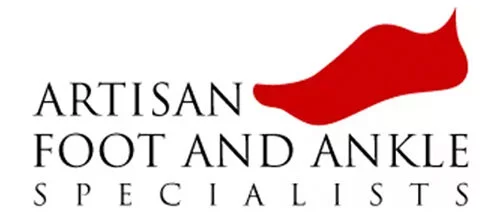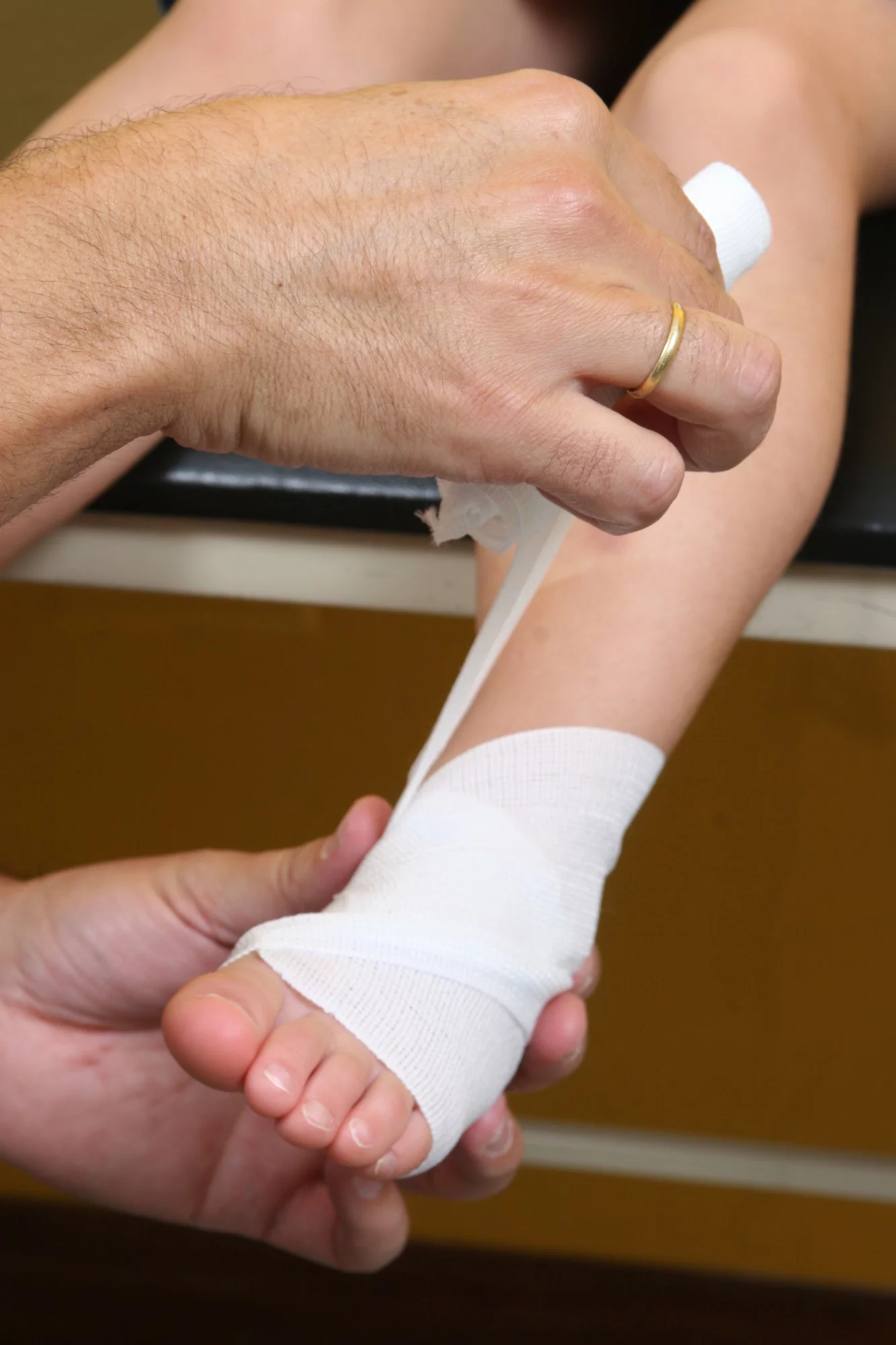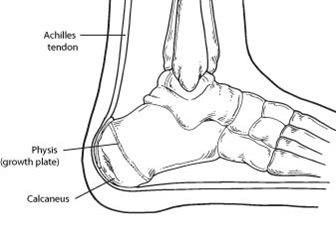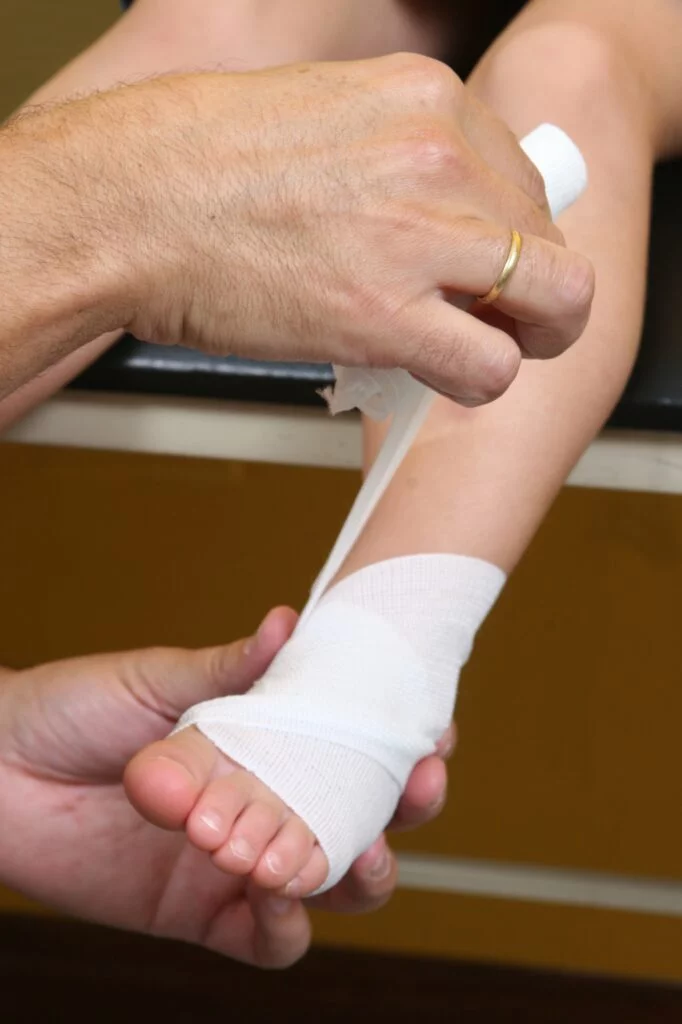Table of Contents
What Is Calcaneal Apophysitis?
Calcaneal apophysitis is a painful inflammation of the growth plate in the back of the heel bone (calcaneus). It typically affects children between the ages of 8 and 14 years old, because the calcaneus is not fully developed until at least age 14. Until the growth plate (physis) closes, new bone is forming in this area and makes it weaker than the solid, adjacent bone of the calcaneus. When there is too much repetitive stress on the growth plate, inflammation can develop.
Calcaneal apophysitis is also known as Sever’s disease. It is the most common cause of heel pain in children, and it can occur in one or both feet. Heel pain in children differs from the most common type of heel pain experienced by adults. While heel pain in adults usually subsides after a period of walking, pediatric heel pain generally doesn’t improve in this manner. In fact, walking typically makes the pain worse.
Causes
Overuse and stress on the heel bone through participation in sports are a major cause of calcaneal apophysitis. The heel’s growth plate is sensitive to repeated running and pounding on hard surfaces, resulting in muscle strain and inflamed tissue. For this reason, children and adolescents involved in soccer, track, or basketball are especially vulnerable. Other potential causes of calcaneal apophysitis include obesity, a tight Achilles tendon and biomechanical problems, such as flatfoot or a high-arched foot. We see a lot of this with soccer players due to the nature of soccer cleat design.
Symptoms
Symptoms of calcaneal apophysitis may include:
- Pain in the back or bottom of the heel
- Limping
- Walking on toes to avoid pressure to the heel
- Difficulty running, jumping, or participating in physical activities
- Pain when the sides of the heel are squeezed
- Fatigue
Diagnosis
Treatment
Your doctor may select one or more of the following options to treat calcaneal apophysitis:
- Reduce activity. The child needs to reduce or stop any activity that causes pain.
- Support the heel. Temporary shoe inserts, heel cups, or custom orthotic devices may provide support for the heel.
- Medications. Nonsteroidal anti-inflammatory drugs (NSAIDs), such as ibuprofen, help reduce the pain and inflammation.
- Physical therapy. Stretching or physical therapy modalities (Ultrasound, Electrostimulation, Cold laser, Ice) are sometimes used to promote healing of the inflamed issue.
- Immobilization. In severe cases of calcaneal apophysitis, a cast may be used to promote healing while keeping the foot and ankle totally immobilized.
Often, calcaneal apophysitis returns after it has been treated because the heel bone is still growing. Recurrence of heel pain may be a sign of calcaneal apophysitis or it may indicate a different problem. If your child has a repeat bout of heel pain, be sure to make an appointment with your foot specialist.
Prevention
The chances of a child developing heel pain can be reduced by:
- Avoiding obesity
- Choosing well-constructed, supportive shoes that are appropriate for the child’s activity
- Avoiding or limiting wearing of cleated athletic shoes
- Avoiding activity beyond a child’s ability.



